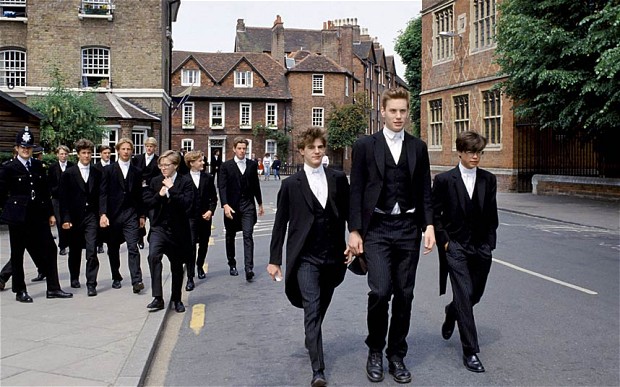My book of the year, by a very wide margin, is Jay Griffiths’ splendid ‘Kith: The Riddle of the Childscape’ (Hamish Hamilton, 2013). Amongst her many virtues is a loathing of Plato’s Republic. Here she is, in typically swashbuckling style:
‘Excessive laughter is banned and so is the liquid superfluity of metaphor. Plato would rid his ideal state of anything that could arouse emotion, mischief, wildness or fun….so ghastly is his Republic that it could be interpreted as satire. But, generally, its ambition has been taken with deadly seriousness as a founding text on the education of boys. The purpose of The Republic is to school its youth to be good soldiers engaged in unending war to take the resources of neighbouring lands. It is a handbook for the education of imperialists.
Brick by brick, Plato builds the walls of his citadel of control, hierarchy and obedience. His ideal republic is obsessed with rule – not only the rule of command, but the rule of measurement… the heart of his vision [is] that Apollo, god of measure, metre, civilisation and, surely, god of metronomes, should keep Dionysus, god of the Romantic movement, god of wildness and nature, firmly under his thumb.’ 1
Familiar? It should be – at least to UK readers. It’s the policy of Michael Gove and his rightly vilified Department. They want to produce a generation of nerdish measurers – people who wield rulers rather than wands, and who write in Excel rather than blank verse.
Read More »Get your nasty Platonic hands off my kids, Mr. Gove


